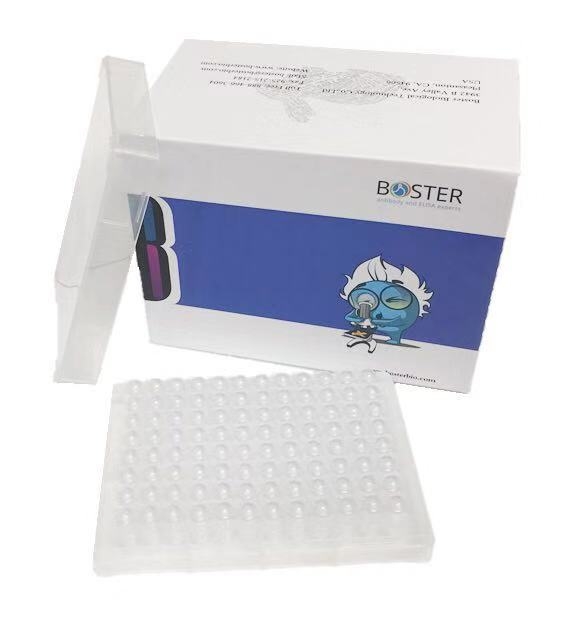Immunohistochemistry (IHC) is a particular test used for the detection of specific antigens (the polypeptide, proteins) on tissue sections.
From the biological filed, it's quite a powerful tool for pathologists, which uses monoclonal and polyclonal antibodies to determine the tissue distribution of an antigen in health and disease trials. To know about cell staining kit you can visit https://www.bosterbio.com/products/cell-staining-kits.html

IHC plays a significant role in pathology and it also has lots of programs in medicine, particularly in cancer diagnosis, like the identification of lymphomas.
Application
In the practice of IHC, those antigens detection is accomplished by using antibodies binding specifically to those antigens in biological cells, which has obvious benefits comparing with traditionally employed special enzyme staining methods. Therefore, the IHC technique is an essential instrument used for medical research, clinical diagnostics, drug development, and biological research.
Concerning the use of cancer diagnosis, the IHC technique was utilized by doctors to diagnose cancer together with the use of certain tumor markers. It helps doctors to identify if the cancer is benign or cancerous, in addition to its stage and grade, the cell type and source of metastasis, which helps to discover the site of the main tumor.
IHC can be applied to predict therapeutic response, to diagnose tumors of uncertain origin, and also to confirm infectious agent in cells, etc. For drug development, IHC is used to detect the action and the up- or down-regulation of infection targets to test the drug efficiency.
History
The system of IHC has existed since the 1930s, but it wasn't until 1941 that the original IHC study was reported. At the time, Coons utilized FITC-labeled antibodies together with his colleagues to map the Pneumococcal antigens in infected tissues.
